Patrick Lefevere's Classics dream team
Deceuninck-QuickStep manager picks his dream line-up for the Classics
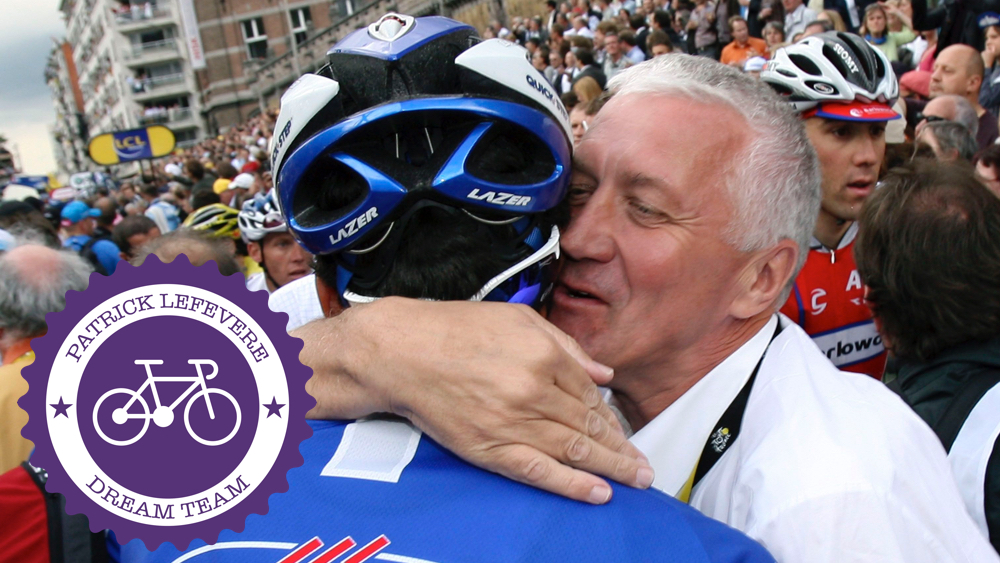
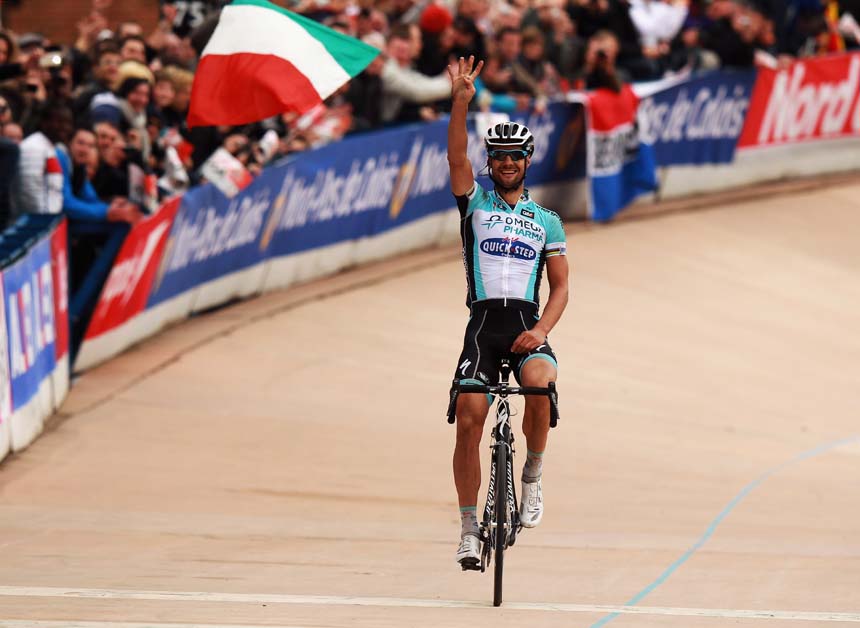
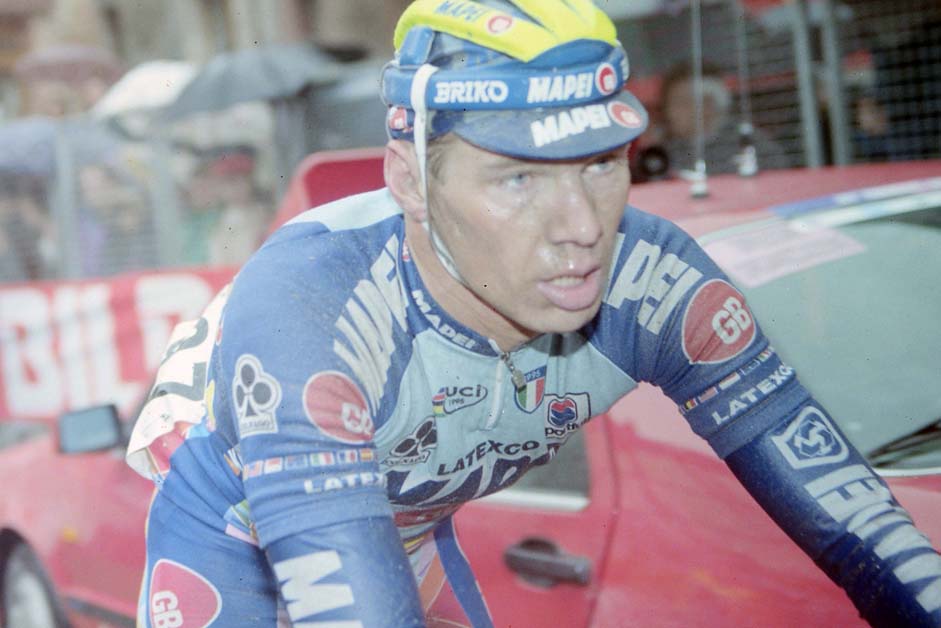
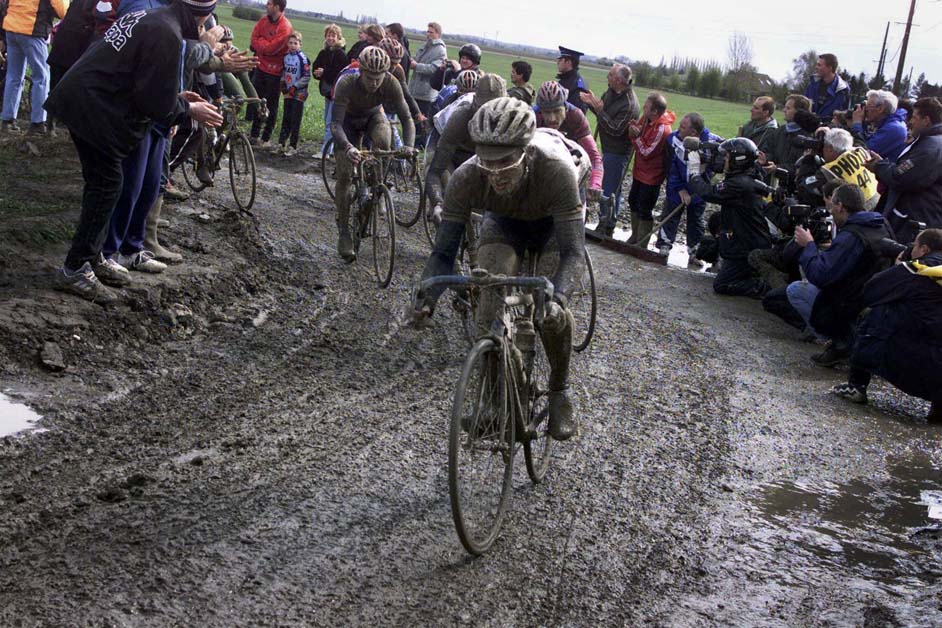
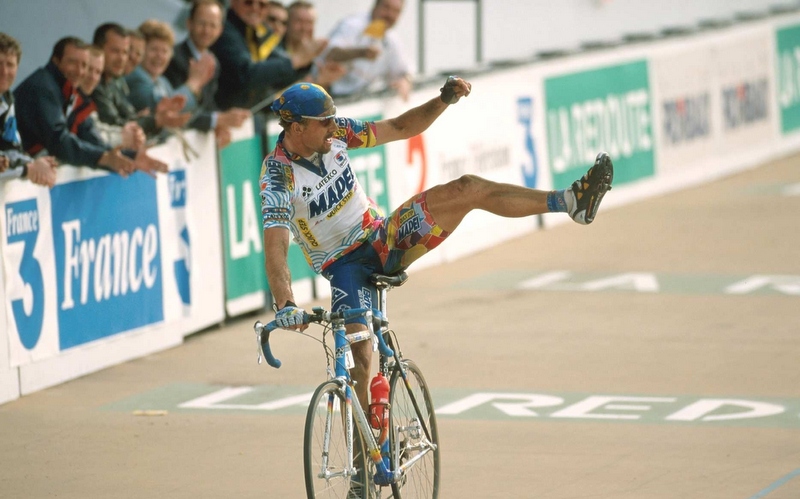
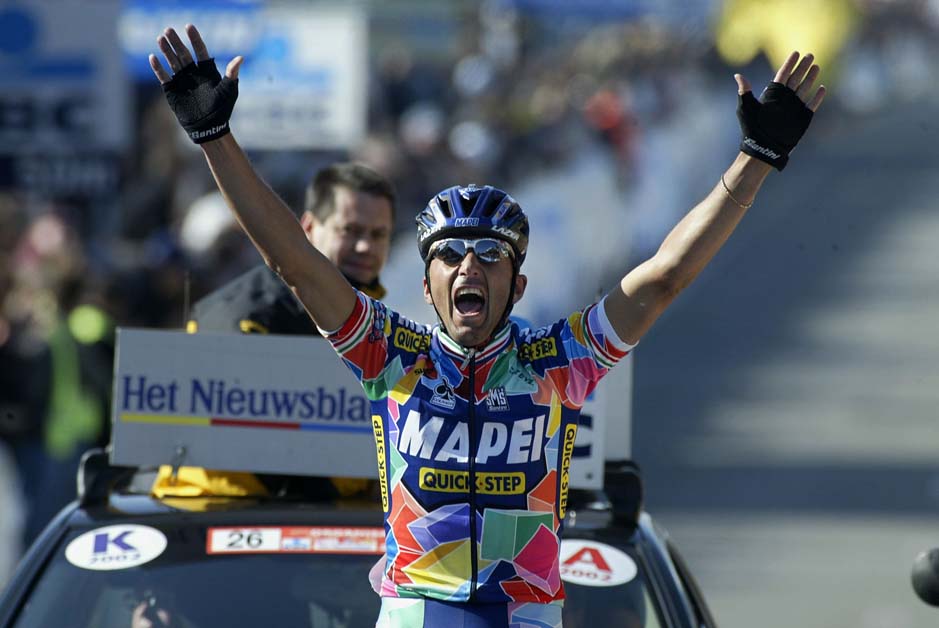
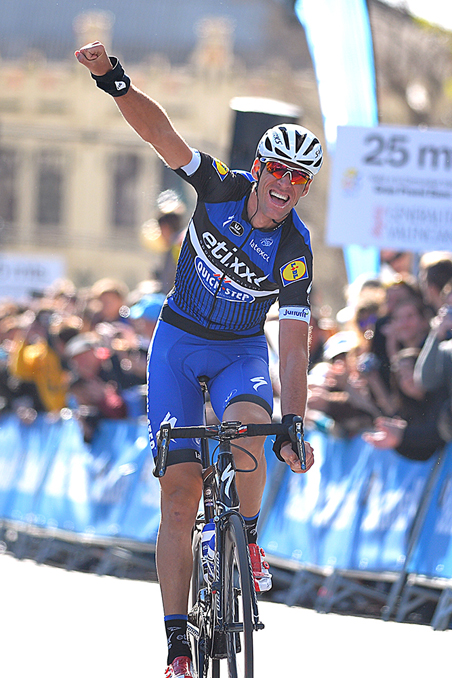
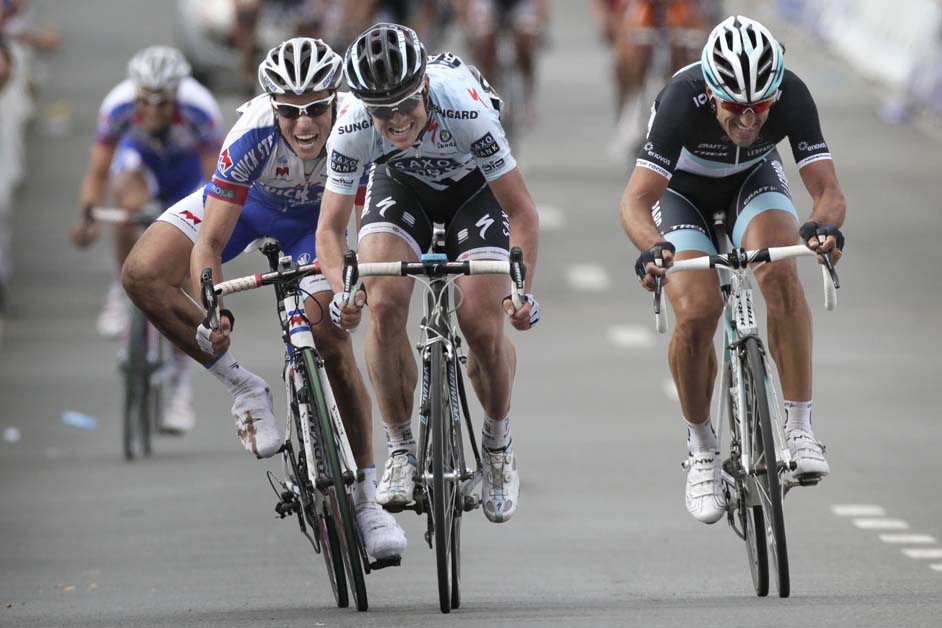
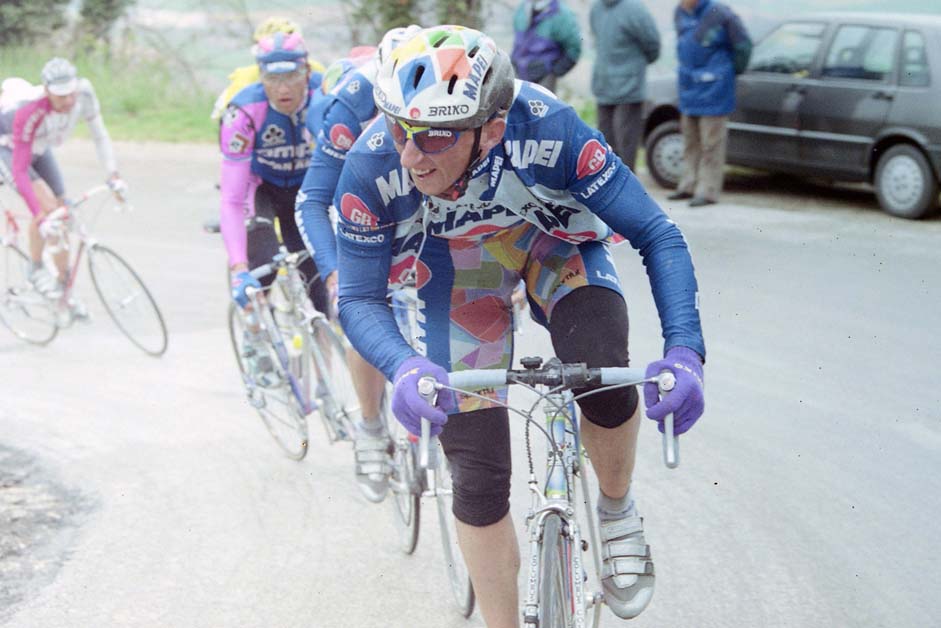
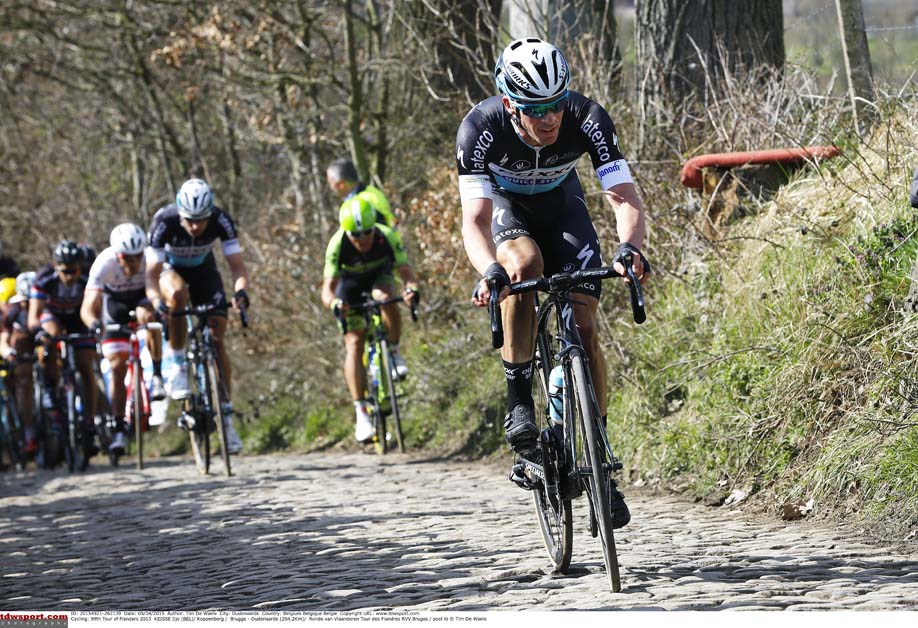
With the Spring Classics usually well under way at the moment, but no racing due for the forseeable future thanks to the Covid-19 coronavirus pandemic, we've dug out our chats with some of the sports most well-known personalities as they pick their dream teams for the Spring Classics.
Today it's the turn of Deceuninck-QuickStep team manager Patrick Lefevere to pick his nine-man line-up for the Classics. During his 40 years as a directeur sportif and team manager, Lefevere has worked with some of the greatest Classics riders and has won an astonishing 24 editions of the Tour of Flanders and Paris-Roubaix in that time.
The rules:
- Dream teams must feature nine riders, one of which can be the rider selecting the team. In which case they pick eight riders to join them.
- The riders picked must have all ridden with the person picking the team. That means you can’t just pick the eight or nine best riders of a generation.
To be a Classics rider is a mental thing. We are born into this; we grow up on the Tour of Flanders. For weeks before the Tour of Flanders, everybody, including my family, would be talking about the race. The crowd is so fanatic, but they also understand cycling.
It is very difficult to explain how to build a team for the Classics, but you really have to think: ‘We are the best, and we are the team that they have to beat – if they want to win, they have to beat us.' We always went to the start with that mentality. The guys that I have picked are all able to win a Classic, and several did. Most importantly for me, they were also ready to die for the team, to die on the bike. I think this is very close to the perfect team.
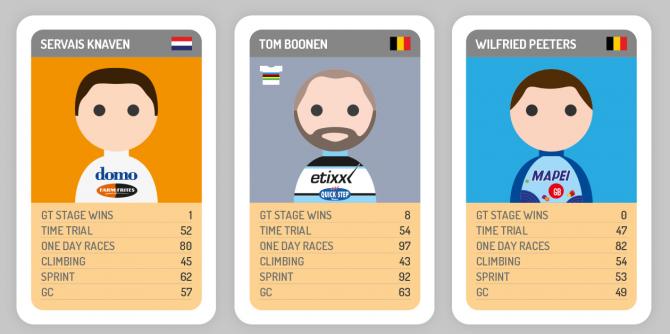
The leader: Tom Boonen (QuickStep)
Tom Boonen is a very complete rider for the Classics; he can climb the small hills in Belgium, he can do the cobblestones, he’s got the perfect body to ride on those roads. Purely physically, I think that Johan Museeuw was stronger, but Tom is faster in a sprint and also he reads the race very well.
I’ve known him since he was 15 because he was born in the 80s like my oldest son. There were a few years between them, but I saw this generation when they were young. I liked his riding style. For him, it wasn’t about winning, it was about making the race.
Get The Leadout Newsletter
The latest race content, interviews, features, reviews and expert buying guides, direct to your inbox!
Of course, in his first Roubaix he was third. He had a contract with US Postal and one day his agent called me and asked if I was interested in Tom Boonen. I said, ‘are you joking or what? He has a contract.’ But he told me that Tom didn’t want to ride in the team anymore because it was all [Lance] Armstrong and the rest wasn’t important. I didn’t want to fight with Johan Bruyneel because I had done it in the past and I didn’t like it. He told me that he would manage it, so if he pays his fine, then he can leave.
There was only one problem: he didn't have the money. I said that I would anticipate the money, and I would take it back on two years of salary. During the second year of his contract with us, he was very respectful of Johan Museeuw, who was in his final year, and then in 2005 he won.
The road captain: Wilfried Peeters (Mapei-GB)
Wilfried Peeters didn’t win that many races himself – although he almost won Flanders and Roubaix once and he did win Gent-Wevelgem – but he was the loyal guy and was always there when you needed him. He was always thinking of things as a team. Wilfried was the perfect road captain.
Even as a rider I was able to speak with him very easily. When I was in the car during a race, I would say, 'now we ride [on the front]' and he could explain to the others what needed to be done. They would do it because they respected him.
A lot of people didn’t think that Wilfried was that smart, but I saw a good sports director in him. When he was nearing the end of his career and losing some of the physical qualities as a rider, I told him at the Tour de Suisse that I wouldn’t give him another contract. He was completely in shock, but then I said to him, ‘I have another contract. I want you to become a sports director,' but he wanted to ride. I gave him 24 hours or I was going to find someone else, and he came back, and he took it. I don’t think he regrets it, and I don’t regret it.
Servais Knaven (Domo-Farm Frites)
I knew Servais Knaven because he was a rider with TVM Farm Frites. We had a merger with Farm Frites and Domo in 2001, and he came into the team. That year he won Paris-Roubaix with us, but he wasn’t just a leader; he was also able to be a very good domestique. He was very intelligent, and he also worked hard for the team.
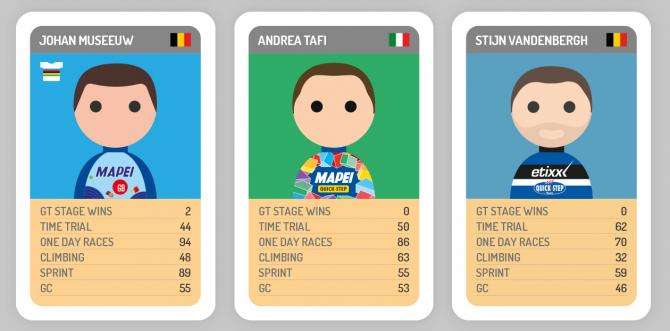
The second leader: Johan Museeuw (Mapei)
You’re asking me to choose between Tom Boonen and Johan Museeuw? I can’t. I have to choose both.
Both Boonen and Museeuw were both great riders, but they were also both able to work for somebody else to win – they were not jealous. That was the difference between them and someone like Franco Ballerini. You can’t speak badly about dead people, but Ballerini was a jealous character because he wanted to win so much and he couldn’t win. Johan and Tom don’t have this feeling.
I’ve known Johan since he was 16. When he first turned professional, he would sprint from February to October for the points for his team because he was with Lotto. He was the guy who had to take the points.
I thought to myself, if I could put some good riders around Johan and I could convince him not to sprint all year anymore and really choose his goals, then he could go well. He could help set up the sprint for [Mario] Cipollini, so he is not stressing about his own results, and then if he comes to the Tour of Flanders with a fresh mind then he would win... and he did.
Johan knew very well when he had to attack, and several times nobody could do anything when he would attack.
Andrea Tafi (Mapei–GB)
Andrea Tafi was so strong. He was similar to Carlo Bomans, but he won more than Carlo. He had a strong character, and he was always yelling – with his high voice – but he was so strong and, in the end, he learned how to win. That was a very important thing for me because he was not able to win races when he came to us.
You may remember the famous Paris-Roubaix in 1996. I first ordered Museeuw to go, then [Gianluca] Bortolami and then Tafi and he was making a lot of noise. I told him, ‘you shut up or tomorrow you will go to another team. If you listen to me, before the end of the year you will win a big race. If you continue to listen to us, then you’ll win several big races.’
The first big race that he won with the team was Paris-Brussels [in 1996 –ed]. The owner of Mapei was in the car, and he started crying. Then he won Lombardy, Flanders, Roubaix, so he listened.
Stijn Vandenbergh (QuickStep)
Stijn Vandenbergh is also a very strong rider. He will probably never win a race, although I hope that I’m wrong, but he’s always there when he has to be. He has a high quality as a helper.
You can’t look over him – he’s two metres. Riders like him are important because he’s very good at keeping someone out of the wind, but it’s not just his height. He feels it, he knows when you have to be on the front and where you have to be in the crucial moments of the race.
Stijn is very quiet. You never hear him, he never speaks. He yells a lot in the group but he is not the guy who talks the most in the bus or before the start or after the finish. He likes all the good things in life. He’s a little bit of a rock and roll kind of rider. He likes the music and he likes fast cars.
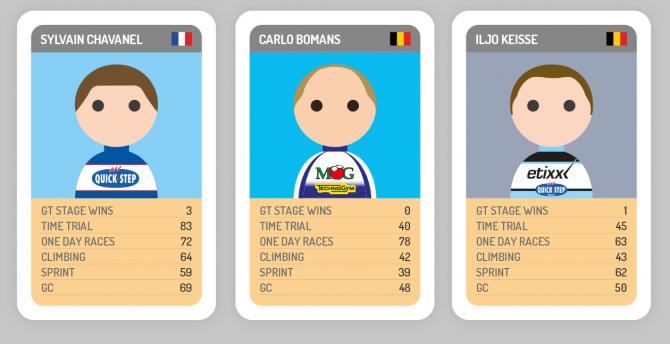
Sylvain Chavanel (QuickStep)
I want a Frenchman on the team. Sylvain Chavanel was so strong, he adored those races, and he was definitely a rider for the north. Unlike some of the others, he was more the guy who can help the team in the second part of the race, after around 200 kilometres.
He came so close to winning a Classic himself in 2011 [Tour of Flanders], but, unfortunately, it didn’t happen. The sprint in that race was not so clean. For sure, I think that if Cancellara had stayed on his line that year, then Sylvain would have won the race.
Sylvain started the sprint on the left side of the road and then he moved across behind Nick. Sylvain came up faster, with a bigger gear, but he was squeezed between Nick and the barrier. If you have to stop in a big gear after 260 kilometres, that one moment’s hesitation cuts your legs. For sure, he should have won on that day.
Carlo Bomans (GB–MG Maglificio)
Carlo Bomans was a really quiet guy. He almost never spoke. On the bike, though, there are probably fewer than 10 guys in the bunch that could go as fast and for as long as Carlo. I have to have him in my team.
Iljo Keisse (QuickStep)
I have a lot of respect for Iljo Keisse. He’s a very intelligent rider; he’s almost like the brain of the team. He is able to pull from kilometre zero to whenever he is needed.
When I first took him, it was almost like a charity thing because he was in trouble with a doping story and he couldn’t ride. One day, I met a friend of mine at a dinner, and he pleaded with me to sign this guy. I did, and it is a pleasure to see how he has grown, how respectful he is, and how hard he works.